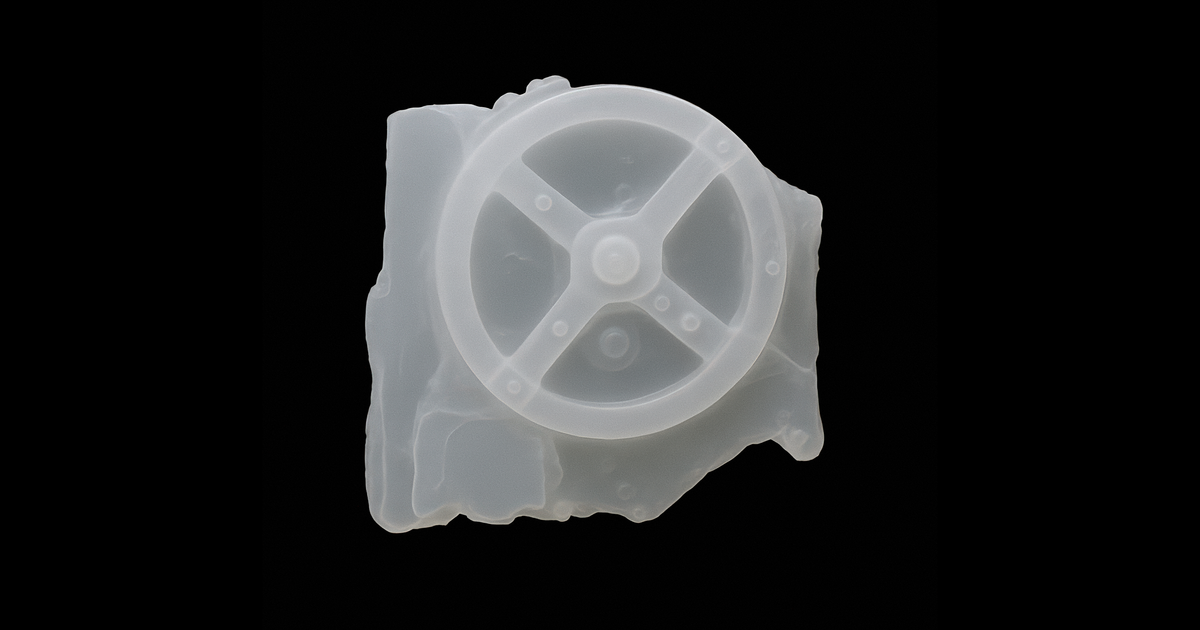Antikythera presents the complete Volume 2025 of Antikythera: Journal for the Philosophy of Planetary Computation—a composite of inquiry and design exploring the conjunction and co-evolution of computational technologies, biological and non-biological life and the many scales of intelligence.
Developed in partnership between Antikythera, an R&D institute for planetary computation and the evolution of intelligence, and MIT Press, the peer-reviewed journal examines philosophy and the implications of planetary computation. This includes the evolution of intelligence, the global dynamics of simulation, existential technologies, diverse expressions of modular cognition, the natural history of automation, informational theories of life, the challenges of inhuman thought, the emergence of physical AI, the geopolitics of computational infrastructure, and the deep history of planetary sapience.
The first release of Volume 2025, unveiled in May at the opening of The Next Earth: Computation, Crisis, Cosmology at Palazzo Diedo / Berggruen Arts & Culture during the Venice Architecture Biennale, comprised 17 articles developed by 12 author–designer pairs, blending philosophy, speculative design, cinematic fragments, and experimental UX.
The release this November includes the following contributions:
The Noocene by Benjamin Bratton with GIGA on the future of the Noosphere and the “Blue Marble” imagined as a movie.
Planetary Vision by Peter Galison with Robert Pietrusko and Stewart Smith on the Black Hole Explorer, a space mission to launch a virtual telescope larger than the planet.
Long L by Lukáš Likavčan on the idea of substrate-agnostic ecology and planetary environmental thinking liberated from Earth-centric biases.
Substrates Unbound by Laura Tripaldi on material agency in the context of Synthetic Biological Intelligence.
Documentation from the Planetary Sapience Symposium at MIT Media Lab asks not only what planetary computation can do, but also what it is for?
Hemispherical Stacks with GIGA—the first collection of speculative scenario fiction essays on multipolar geopolitics, edited by Benjamin Bratton, Chen Qiufan, and Lukáš Likavčan, with contributions from Benjamin Bratton, Iris Carver, Chor Pharn Lee, Nils Gilman, Roman Shemakov, Mi You, Jacob Dreyer, Christina Lu, Suhail Malik, Lucien Bratton, Iris Long, Yingjing Xu, Dalena Tran, Daniel Paul Barcay, Lukáš Likavčan, Alex Quicho, Taiyo Fujii and Stanley Quifan Chen.
Volume 2025 is an ambitious publishing initiative—a reimagining of scholarly publishing for the 21st century that integrates science and technology, the humanities, and design. It demonstrates, from the various perspectives of its authors and designers, that the existential and epistemological challenges of planetary computation are connected and contingent.
The complete list of Antikythera Journal Volume 2025 contributors includes:
Authors: Benjamin Bratton, Nicholas de Monchaux, Peter Galison, Blaise Agüera y Arcas, N. Katherine Hayles, Bogna Konior, Lukáš Likavčan, Philip Maughan, Metahaven, Gašper Beguš, Nina Beguš, Thomas Moynihan, Chen Qiufan, Stephanie Sherman, Laura Tripaldi and Sara Imari Walker.
Antikythera 2024 Cognitive Infrastructures Studio Researchers: Alasdair Milne, Cezar Mocan, Chloe Loewith, Daniele Cavalli, Gary Zhang, Iulia Ionescu, Ivar Frisch, Jackie Kay, Jenn Leung, Michelle Chang, Philip Moreira Tomei, Sonia Bernaciak, Tyler Farghly, Winnie Street and Yannis Siglidis.
Hemispherical Stacks Scenario Authors: Benjamin Bratton, Iris Carver, Chor Pharn Lee, Nils Gilman, Roman Shemakov, Mi You, Jacob Dreyer, Christina Lu, Suhail Malik, Lucien Bratton, Iris Long, Yingjing Xu, Dalena Tran, Daniel Paul Barcay, Lukáš Likavčan, Alex Quicho, Taiyo Fujii and Stanley Quifan Chen.
Design Studios: Channel Studio, GIGA, Practise, Accept & Proceed, Noviki, Son La Pham, Information Art, Neo-Metabolism, Connor Cook, Robert Pietrusko and Stewart Smith and others.
Editorial team:
Editor-in-Chief—Benjamin Bratton, Associate Editor—Stephanie Sherman, Design Editor—Nicolay Boyadjiev, Operations Director—Haley Albert, Managing Editor—Dasha Silkina, Executive Assistant—Tatiana Velazquez, Research Manager—Rachel Pearl, Researcher—Lukáš Likavčan, Design Technologist—Andrey Karabanov.
Editorial board:
Blaise Agüera y Arcas, Holly Jean Buck, Nicholas de Monchaux, N. Katherine Hayles, Chen Qiufan, Sara Imari Walker.

